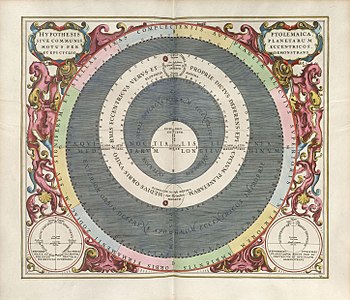
Back Hipotese Afrikaans Hipotesi AN فرضية Arabic Hipótesis AST Hipotez Azerbaijani Гипотеза Bashkir Гіпотэза Byelorussian Гіпотэза BE-X-OLD Хипотеза Bulgarian অনুকল্প Bengali/Bangla

A hypothesis (pl.: hypotheses) is a proposed explanation for a phenomenon. For a hypothesis to be a scientific hypothesis, the scientific method requires that one can test it. Scientists generally base scientific hypotheses on previous observations that cannot satisfactorily be explained with the available scientific theories. Even though the words "hypothesis" and "theory" are often used interchangeably, a scientific hypothesis is not the same as a scientific theory. A working hypothesis is a provisionally accepted hypothesis proposed for further research[1] in a process beginning with an educated guess or thought.[2]
A different meaning of the term hypothesis is used in formal logic, to denote the antecedent of a proposition; thus in the proposition "If P, then Q", P denotes the hypothesis (or antecedent); Q can be called a consequent. P is the assumption in a (possibly counterfactual) What If question. The adjective hypothetical, meaning "having the nature of a hypothesis", or "being assumed to exist as an immediate consequence of a hypothesis", can refer to any of these meanings of the term "hypothesis".